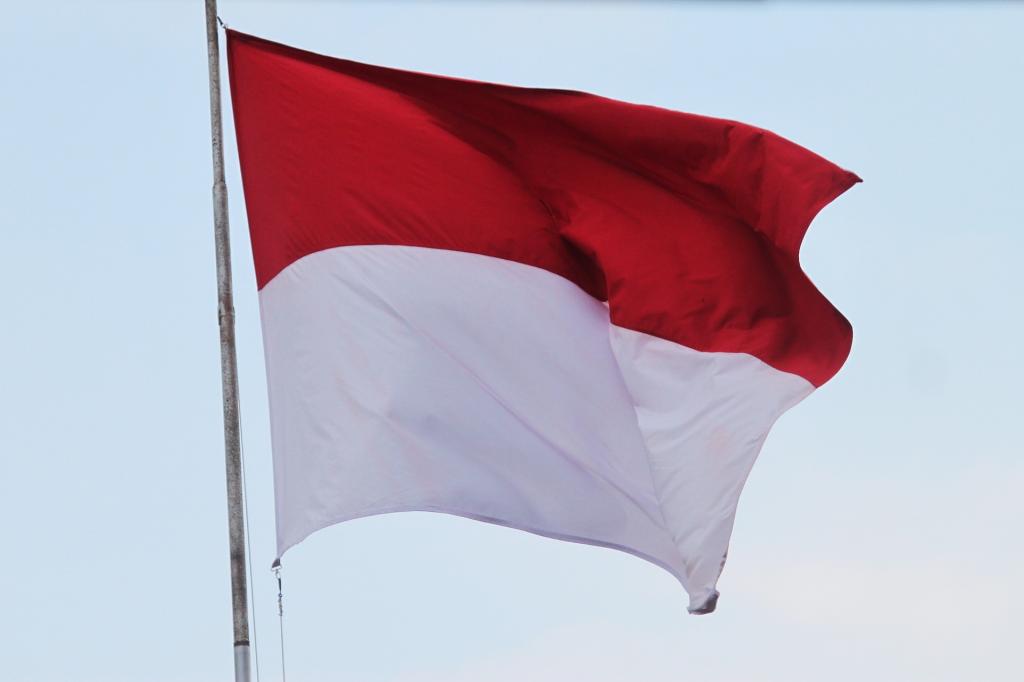Abstract
Halal now becomes the new emerging trend in the global world. It can be reflected by the Securitisation act of halal issues that has been done by many countries, both the majority-muslim and also the minority-muslim countries. This article discusses about Securitisation of halal issues in Southeast Asia region with the focus in Indonesia and Thailand. The research method used is comparative qualitative with primary and secondary data collection from interviews and also some sources of books, journals, as well as official government and halal certification agencies’ websites. The purpose of this study is to find out the similarities and differences in halal Securitisation process in Indonesia as a Muslim-majority country and Thailand as Muslim-minority country in Southeast Asia. The results obtained is that halal Securitisation process in both country is successful because it fulfills all aspects of Securitisation , that is referent object, securitising actor, and functional actor who interact with each other in making speech act so that a policy arises to overcome the issue that believed to be a threat. It is generally found that there are similarities in terms of halal Securitisation in both countries. The difference itself is that Indonesia has a larger number of referent objects, Securitisation of actors, and functional actors than Thailand, so that halal Securitisation process in Indonesia becomes faster. In addition, there are two halal Securitisation processes in Indonesia with imported products as a new threat threaten domestic producers (referent object).
Keywords: securitisation, halal, Indonesia, Thailand.


